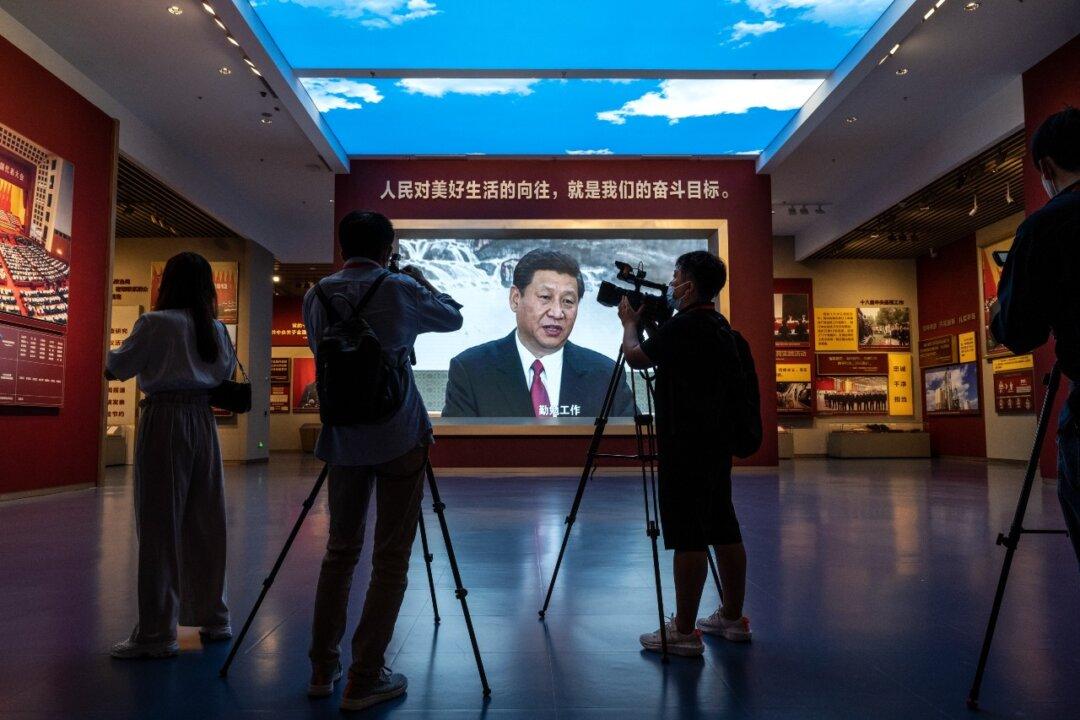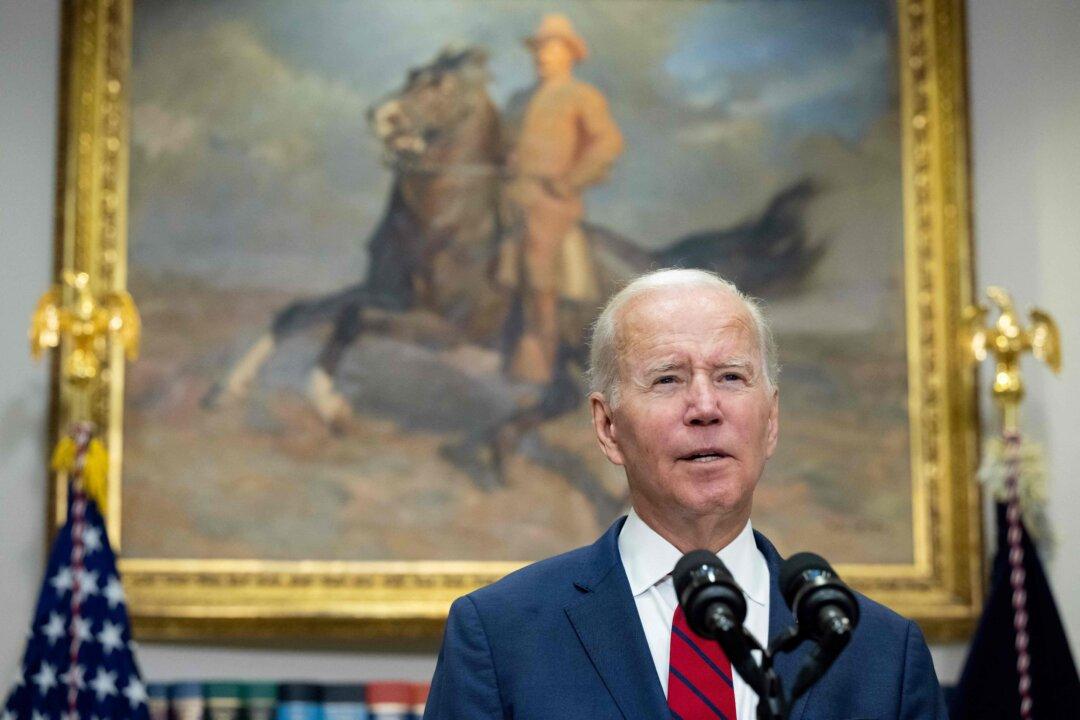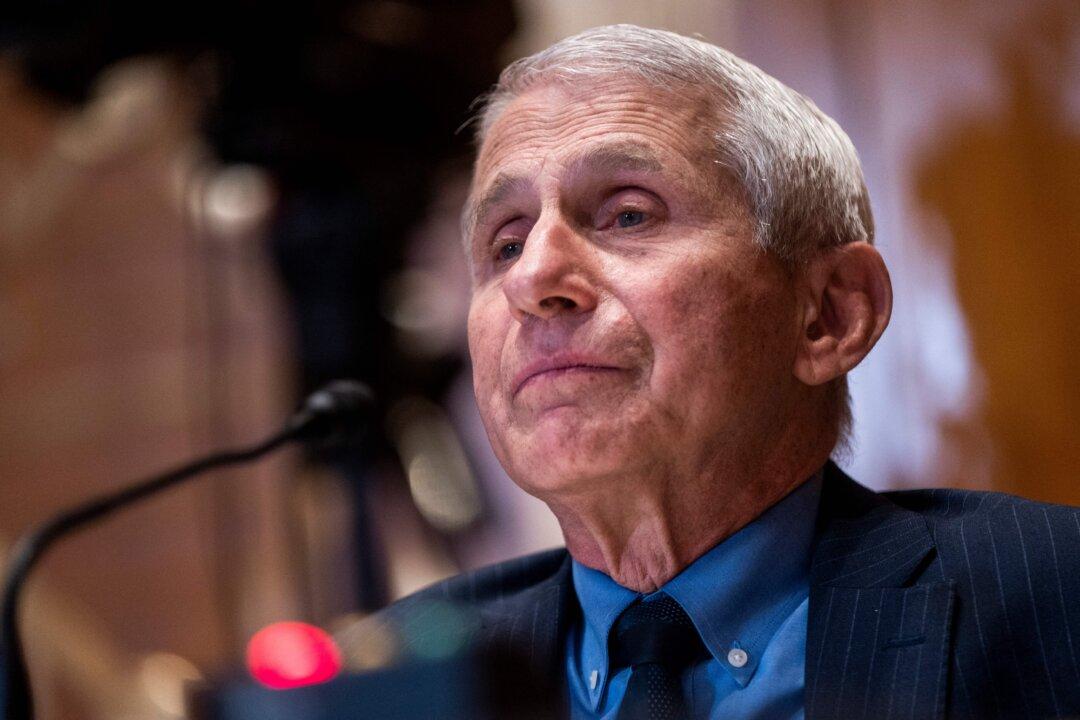Chinese Communist Party (CCP) leader Xi Jinping is building a massive network of political and cultural education centers throughout the country with the goal of reaching every village and neighborhood in China with his vision of socialism. More than 100,000 of these centers have been created since the project was launched in 2018, according to a report published on Jan. 31 by the New York-based nonprofit Asia Society.
Called “New Era Civilization Practice Centers,” these facilities are part of an effort to bring Xi’s official ideology—known as “Xi Jinping Thought”—directly to Chinese citizens, according to the report, which was published in the Asia Society’s ChinaFile magazine.





